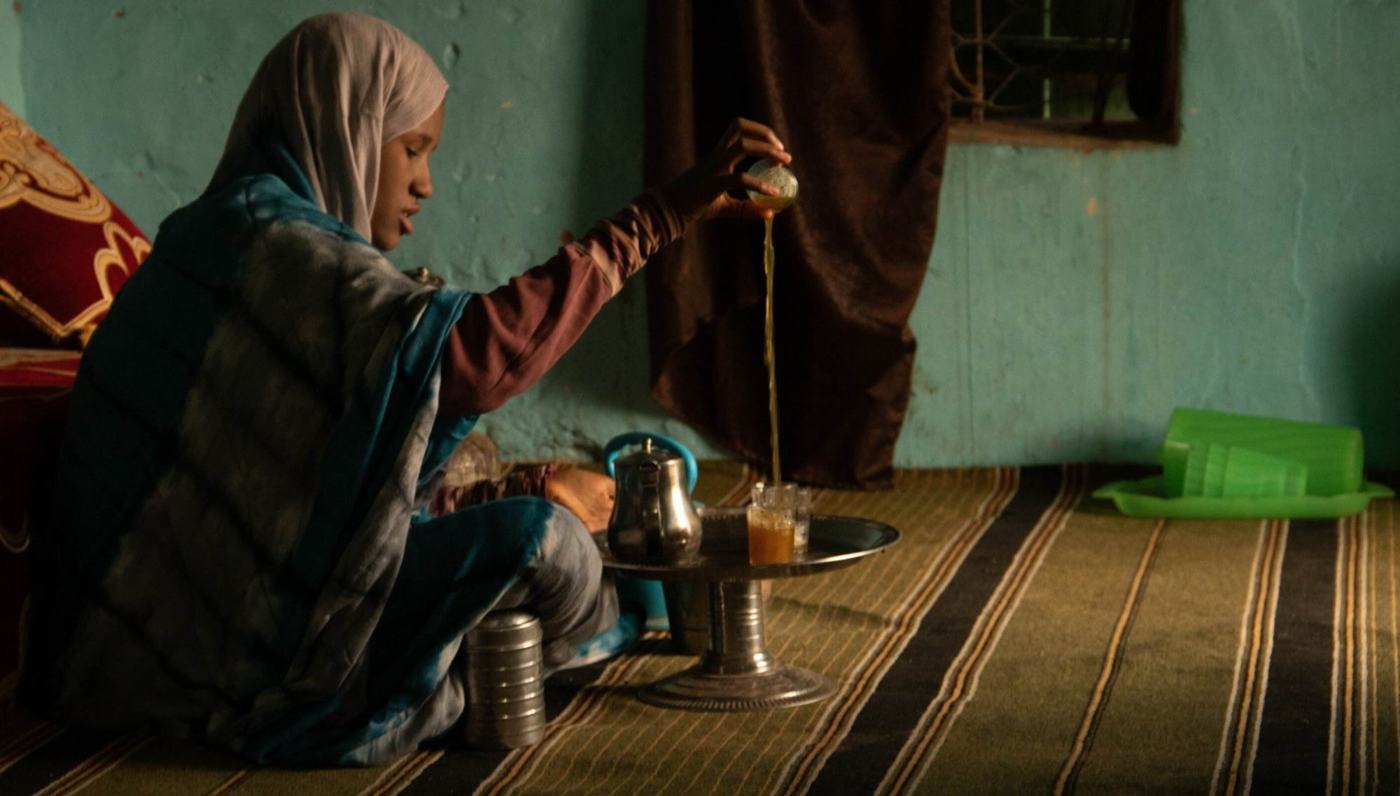
Project reference
14-0130-071-MRT-CSE-EC
Contract duration
2020 - 2021
Budget
399,704
Countries
Mauritania
Keywords
Agriculture, Governance, Health, Monitoring & Evaluation
Evaluation of the European Union's cooperation with the Islamic Republic of Mauritania (2014-2020)
The objective of this evaluation was to provide the relevant EU cooperation services and the general public with a comprehensive and independent assessment of past and current EU cooperation with the Islamic Republic of Mauritania (RIM). In addition, the objective was also to draw the main lessons learned and to make recommendations to guide decision-makers, in particular at the European External Action Service (EEAS) and the Directorate-General for International Cooperation and Development (DG DEVCO), on how to improve strategies, programs and implementation of current and future interventions.
The specific objectives of the evaluation were:
The thematic scope of the evaluation covered the following sectors: resilience and inclusive and sustainable growth, governance and rule of law, health, migration and security as well as cross-cutting issues such as gender, environment or human rights. Sectoral logics are developed for each of the priority intervention sectors identified above.
Report available here: https://international-partnerships.ec.europa.eu/publications/evaluation-eu-cooperation-islamic-republic-mauritania-2014-2020_en
The specific objectives of the evaluation were:
- To provide food for thought for the formulation of the future strategy for the next programming cycle (2021-2027);
- To analyze the coherence of strategies and objectives of development cooperation and the G5 Sahel, and their implementation;
- To assess and provide recommendations on the coherence and complementarity between the different EU, national and regional strategies as well as on the different sectoral policies of EU intervention (cooperation, Fisheries Agreement, EPAs) and the different modalities;
- To evaluate the application of the integrated approach of the EU external action (and in particular of the Humanitarian - Development - Peace nexus) and its efficiency, in order to draw conclusions and recommendations for the establishment of a possible internal process;
- To assess the EU contribution on progress related to the Sustainable Development Goals (SDGs), and the expected progress towards Mauritania's objectives and the macroeconomic outlook (including future gas exploitation) on a medium-term perspective;
- To assess and provide recommendations on the process of dialogue with the government, other development partners and on joint programming.
The thematic scope of the evaluation covered the following sectors: resilience and inclusive and sustainable growth, governance and rule of law, health, migration and security as well as cross-cutting issues such as gender, environment or human rights. Sectoral logics are developed for each of the priority intervention sectors identified above.
Report available here: https://international-partnerships.ec.europa.eu/publications/evaluation-eu-cooperation-islamic-republic-mauritania-2014-2020_en
Partners
Particip (Lead)